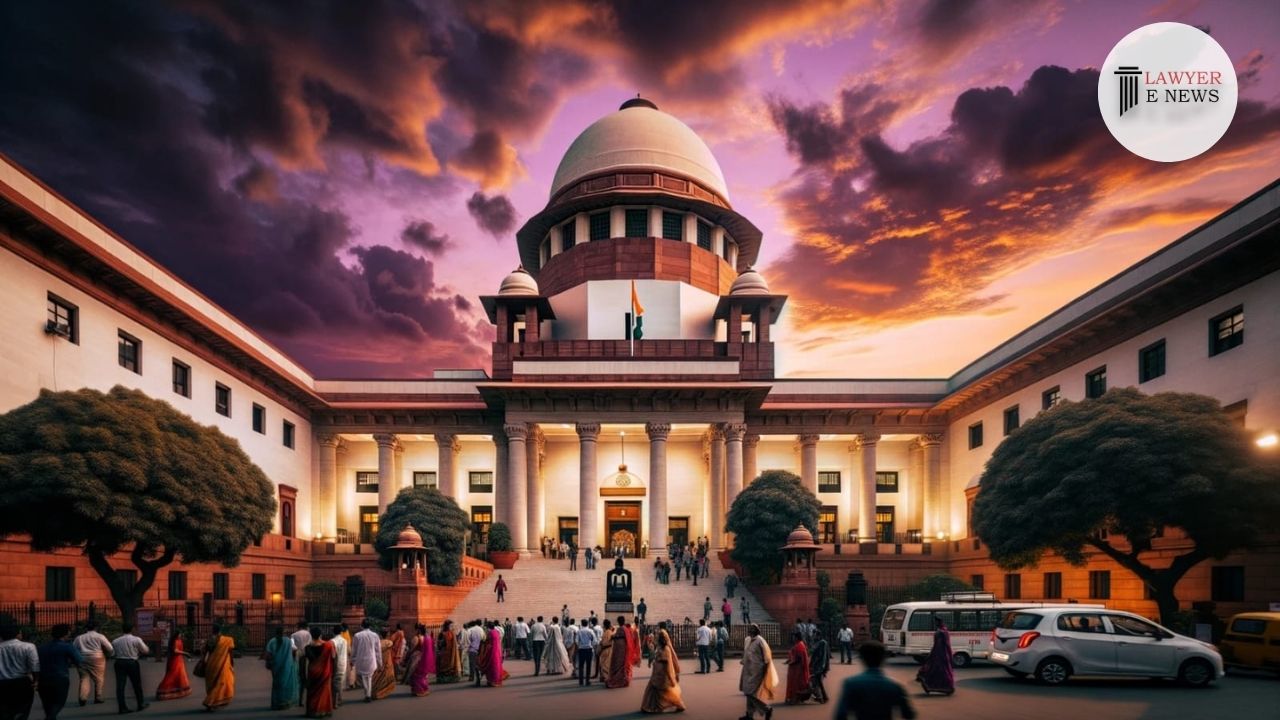-
by Admin
15 February 2026 5:35 AM



In a landmark judgment delivered on October 10th, 2023, the Supreme Court of India has set stringent guidelines for granting divorces on the grounds of irretrievable breakdown of marriage. The ruling comes as a significant development in divorce law, as it emphasizes the importance of maintaining the sanctity of marriage while considering divorce cases.
The apex court's decision, authored by Justice Bela M. Trivedi, underscores that the irretrievable breakdown of marriage, while recognized as a ground for divorce under Article 142 of the Constitution of India, should be exercised with great care and caution. The court outlined a series of factors to be considered before granting a divorce on this ground.
Supreme Court held that "Grant of divorce on the ground of irretrievable breakdown of marriage by this Court is not a matter of right, but a discretion which is to be exercised with great care and caution, keeping in mind several factors ensuring that 'complete justice' is done to both parties."
The Supreme Court clarified that the court must be fully convinced that the marriage is "totally unworkable, emotionally dead, and beyond salvation" for a divorce to be granted on these grounds. The ruling also highlights that the duration of separation should be sufficiently long, usually more than six years, and that the court must consider the economic and social status of the parties, including their educational qualifications and the welfare of any children involved.
The judgment further emphasized that despite the increasing trend of divorce cases, the institution of marriage still plays a crucial role in society. The court acknowledged that while divorce is a legal option, it should be exercised cautiously, considering the impact on the individuals involved and the societal norms.
In this specific case, where the husband and wife were aged 89 and 82, respectively, and had been married since 1963, the court declined to grant a divorce based on the grounds of irretrievable breakdown. The court took into account the wife's willingness to continue the marriage and her sentiment against being labeled a "divorcee."
This judgment is expected to have far-reaching implications for divorce cases in India, emphasizing the importance of preserving the institution of marriage while also providing a framework for considering divorces based on irretrievable breakdown grounds.
Date of Decision: 10 October 2023
NIRMAL SINGH PANESAR vs MRS. PARAMJIT KAUR PANESAR
